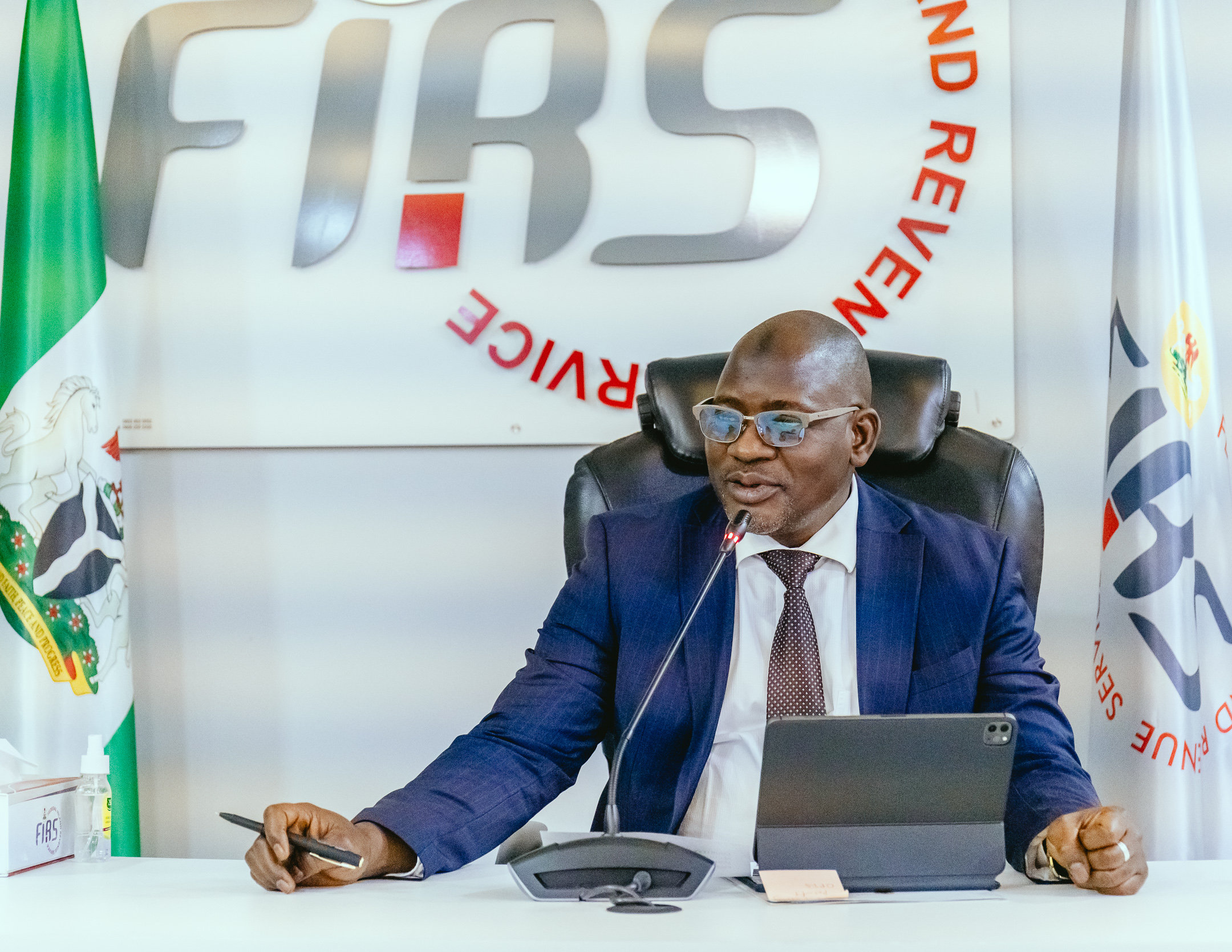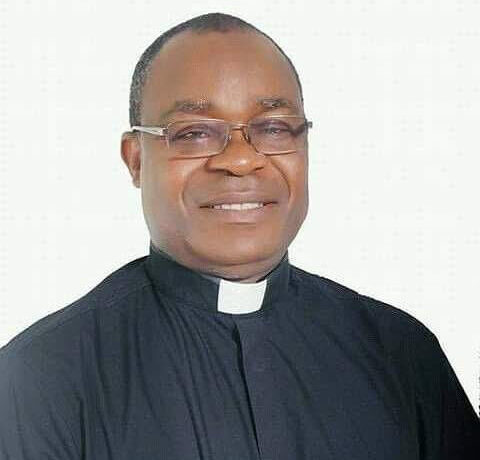Boko Haram Burns Houses, Rapes, Displaces Thousands in Cameroon – Report

Boko Haram has attacked a refugee camp in Cameroon where over 3,000 persons, driven from their homes as a result of terrorist attacks, have taken refuge.
The attack was reported by the Voice of America, which said the attacked camp was located at the northern border between Nigeria and Cameroon. Refugees had poured into the camp in the last three months.
The VOA reported that the Nigerian Islamist militants burn down houses, abducted, raped and looted, creating panic among villagers.
Alidda Mannodi, a twenty-seven-year-old Cameroonian, managed to flee the border village of Touski, where the Islamist militants were holding her captive as a sex slave.

She said at the first opportunity, she fled a hut in the bush, where she was repeatedly raped by several men. Mannodi said she told one of the men that she was menstruating, but the man still raped her.
She said that she trekked for three hours before getting help from a Nigerian fuel vendor, who brought her to Mora. She said she was among 12 people Boko Haram abducted from her village – some for a second time.
The Association of Muslim Women is treating her and 16 other women who escaped Boko Haram in recent months.
Cameroon’s military said the Islamist militants have stepped up raids on villages along the border in the past three months.
Midjiyawa Bakari, the Governor of Cameroon’s far north region, said the terrorists cross over from Nigeria in groups of 10 to 20, torch houses, abduct civilians, and steal livestock and grain.
He asked villagers to help inform Cameroon security forces of attacks.
“We have to call upon the population to help to bring information, to work hand-in-hand with forces of law and civil authorities and, by that way, it is obvious that the results will be there,” he said.
Bakari said the wave of attacks was a consequence of a porous border and the dry season, during which it was easier for militants to move around than it was during the wet season.
He denied the reports that the attacks were made worse by the military withdrawing from several border posts to fight rebels in the English-speaking northwest.
Allegra Baiocchi, U.N. coordinator in Cameroon, visited camps where thousands of people were displaced by the Boko Haram attacks last month.
Baiocchi said they were in urgent need of humanitarian aid.
“We saw over 3,000 people in the area of Mora and Kourghi. So, we talked about the needs of these people, which are humanitarian needs. We talked about how we are trying to help them. But we also talked about the importance of making sure that we help these populations regain their livelihoods,” he said.
Neither the United Nations nor the government of Cameroon gave an estimate of the number of people killed or wounded in the attacks.
The local tabloid L’Oeil Du Sahel, which specializes in reporting on Boko Haram, estimates at least 90 people have been killed since mid-November.
Boko Haram terrorists have been fighting for the past 11 years to create an Islamic caliphate in Nigeria’s northeast, but the attacks have spread to neighboring Cameroon, Chad, and Niger.
When the fighting reached Cameroon in 2014, President Paul Biya declared war on the militants.
The Islamist group has killed more than 36,000 people, displaced over 2 million, and left more than 7 million in need of humanitarian aid. (Source: Voice of America)

Cameroon soldiers stand guard at a lookout post as they take part in operations against the Islamic extremists group Boko Haram near the village of Fotokol, Feb. 25, 2015
Bakari said the wave of attacks is a consequence of a porous border and the dry season, during which it is easier for militants to move around than it is during the wet season.
He denied the attacks were made worse by the military withdrawing from several border posts to fight rebels in the English-speaking northwest.
United Nations officials, including the U.N. coordinator in Cameroon, Allegra Baiocchi, have been visiting camps to which thousands of people were displaced by the Boko Haram attacks this month.
Baiocchi said they are in urgent need of humanitarian aid.
“We saw over 3,000 people in the area of Mora and Kourghi. So, we talked about the needs of these people, which are humanitarian needs. We talked about how we are trying to help them. But we also talked about the importance of making sure that we help these populations regain their livelihoods,” said Baiocchi.
Neither the United Nations nor the government of Cameroon gave an estimate of the number of people killed or wounded in the attacks.
The local tabloid L’Oeil Du Sahel, which specializes in reporting on Boko Haram, estimates at least 90 people have been killed since mid-November.
Boko Haram terrorists have been fighting for the past 11 years to create an Islamic caliphate in Nigeria’s northeast, but the attacks have spread to neighboring Cameroon, Chad, and Niger.
When the fighting reached Cameroon in 2014, President Paul Biya declared war on the militants.
The Islamist group has killed more than 36,000 people, displaced over 2 million, and left more than 7 million in need of humanitarian aid.
The Insight Report
Nigeria Coverage



